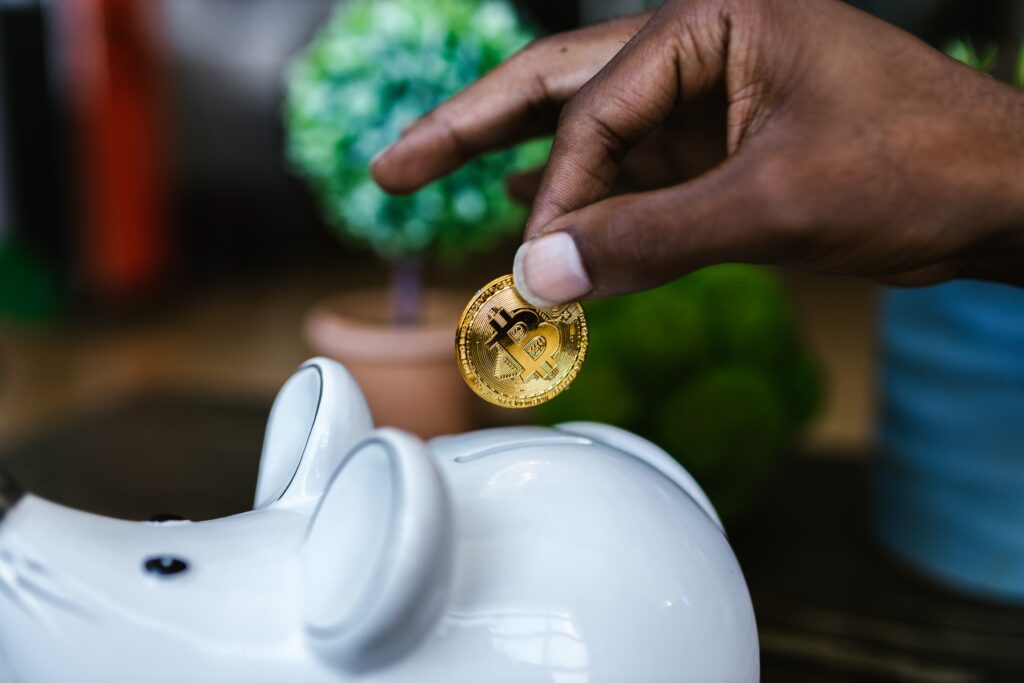Teaching your kids the value of earning and saving will set them up for future success. Let’s talk about how you can teach tweens about money management!
I had my first job at age 14, working in an art store in Queens, New York. Mind you, I didn’t know the first thing about art! I worked because I needed the cash to buy the things I wanted – Doc Martens, Gap Jeans, etc. Likewise, my husband at the tender age of 10, caught the entrepreneurial spirit and opened up “Colin’s Lazy A$$ Lawn Service.” His parents bought him a riding lawn mower for which he paid them back with his business earnings. For both of us, making our own money was so very important. Thus, it is no surprise we want to be able to impart this same work ethic and principles of money management to our own tween girls.
Money – What Does it Represent?
For both tweens and adults, money is greater than financial independence. Money is about buying power and expressing ourselves in the items we choose to purchase. Do we enjoy tchotchkes from Claire’s or are we into athleisure from Athleta? Having these options as a tween means coming into who they are; finding their “thing.” It is more than the monetary value of the item, but rather what this item represents to their identity.
Considering how your family views money will have an impact on how your child sees it. We often teach tweens about money management without realizing it, through our own actions. Do you tend to stay within an allotted budget each month? Do you make big purchases “on the fly” without researching or price-checking against competitors to get the best deal? Do you buy whatever you like, or set boundaries on spending? Your answers to these questions color the way in which finances and spending will be viewed by your children.
Money does not equal worth. It is easy to confuse the two. Your tween may have friends whose parents are in a higher income bracket which they may think makes their lives “better” or “happier.” There will be families who have more and those who have less. Remind them that “comparison is the thief of joy.” Instead of looking outward to what others have, go internally to take stock of what you have. You can productively teach tweens about money management by establishing a gratitude practice as part of your family time together is a way to keep this in the forefront of their minds.
How Can Tweens Earn Money?
For most kids, a weekly allowance is their first interaction with money and spending. While they probably get money for birthdays or other special occasions, these are one-offs. Allowances are planned and, thus, can be budgeted for and are your kids’ first foray into an expected “salary.”
Tweens are too young to hold official jobs, but there are other ways to earn money. Many start off as babysitters or even “parent helpers” – the parents will still be in the home, but the helper takes charge of the little ones and follows the parent’s directions.
Kids can also help in and around their own house, outside of their designated chores. I often employ my girls to re-organize certain areas of the house. Ensure you decide on the payment beforehand. (I have made this mistake and almost had a coup on my hands!) They can also be compensated for watching a younger sibling as long as it is not part of their usual chores.
In our house, we pay the girls for reading books. Depending on the type of book, they receive compensation upon completion of it. However, when it comes to report cards and grades, we do not give them money. Rather, good grades mean their choice of restaurant for dinner or they take charge of planning a fun family activity.
Selling things is another way to make some cash. Making crafts or brewing some lemonade can bring in a few dollars. If there are more valued items, help your tween put them on Facebook Marketplace or a similar venue for used goods.

Discover COMMUNITIES hosted by our PLW experts and surround yourself with like-minded individuals looking to live a peace infused, healthy life.
How Should Tweens Spend Money?
“Carefully and with consideration” would be my initial answer to this question. But this is not always the case, even with adults. The best way to teach tweens about money management is to engage them in discussions about money. Let them know how you handle your money. Help them make financial decisions.
Our tweens are usually coveting something, but we have explained the importance of saving. Although I could easily go out and purchase it for them, no lesson will be learned. In this day and age, we are always looking for immediate gratification. Our girls can decide how much they want an item when they have to save for it. It is less about the money and more about the waiting, especially if that includes denying themselves other items in pursuit of coveted item X.
A few months ago, we implemented “Amazon Day” at our house because we were being a little footloose and fancy-free with our constant Amazon ordering. UPS was forever at our house. We would see something we wanted and order it straight away. Now we choose one day of the month to be “Amazon Day” and it is only on that day that we are permitted to place orders. This requires foresight because should we miss this day, we have to wait until the following month to order. It has cut down on the bills and impetuous orders.
Another item of note, here, is the idea of donations, monetary or otherwise. As part of our family resolutions, we are making a more conscious effort to clean out and donate things we no longer use. Often the girls will use money from their driveway craft sales to send to a charity of their choice. Let your tweens know they have the power to help those less fortunate.
The Checkout Process
Do not underestimate the power of watching your tween handle their checkout on their own. Not only have they selected what they wanted, but saved toward it, and this moment is the culmination of all their hard work!
The girls have a kiddie credit card (which is how I put their allowance and any extra funding in their account). They can move funds around which comes in handy when they are saving toward something in particular. They are so proud to produce it and hand it to the cashier to ring up their goods. And it makes me smile because I know how long they may have waited and how much they may have denied themselves in pursuit of this moment.
Pride of ownership has long been something my husband and I have tried to instill in the girls. When it is their hard-earned/saved money that is used to buy, the girls tend to take greater care in these items.
It is OK to Want
“It is OK to want.” This is my husband’s token response to the girls when they tell him about something they desire. I, too, was brought up to believe you will always get what you need, but not always what you want. The same holds true in our household.
Tweens want stuff because, like us, it helps us define who we are. But the ability to purchase represents growth and independence. Guide your kids on how to use this power by inviting them in on conversations when you are making purchases, especially large purchases for the home. Allow them to share their ideas and help with the research (they are often better at it than we are!). When it comes time for them to craft their own financial path, these are the lessons they will need.

NEELMA PYFROM
Hi! I’m Neelma, a Certified Life Coach/Life Strategist specializing in helping teens and young adults (and the families who love them) deal with anxiety, depression, confidence, and motivation. Together, we negotiate the hardships of the adolescent years -learning the skills needed in order to help them become successful adults who have found their peace, purpose, and authenticity. I have a passion for time management and positive habit formation and love sharing everything I learn (forever student) with the folks I coach.
In my spare time, I enjoy running, meditating, reading, crossword puzzle-ing, and boating with my husband and our two girls and our furbaby.



